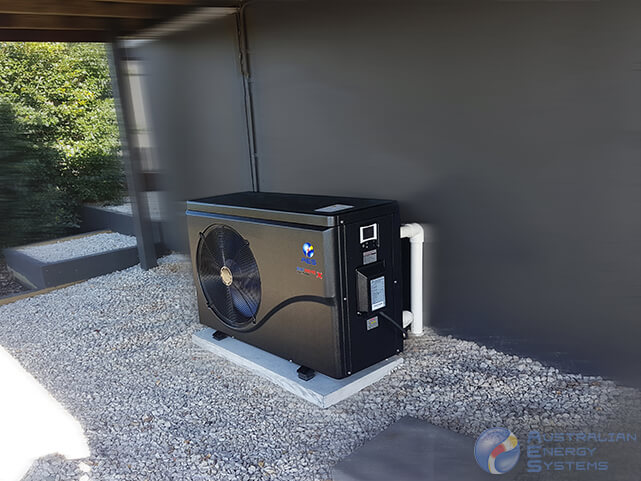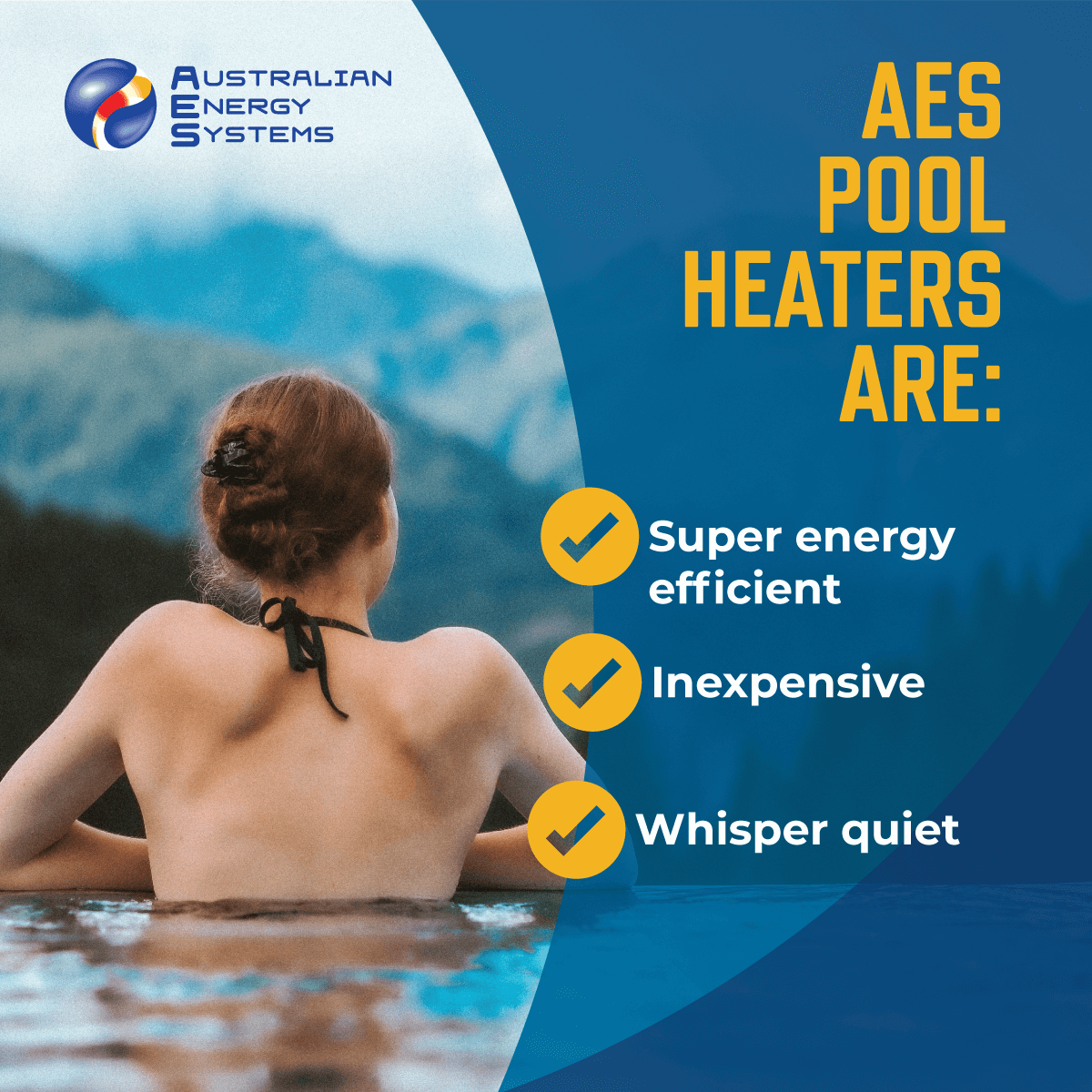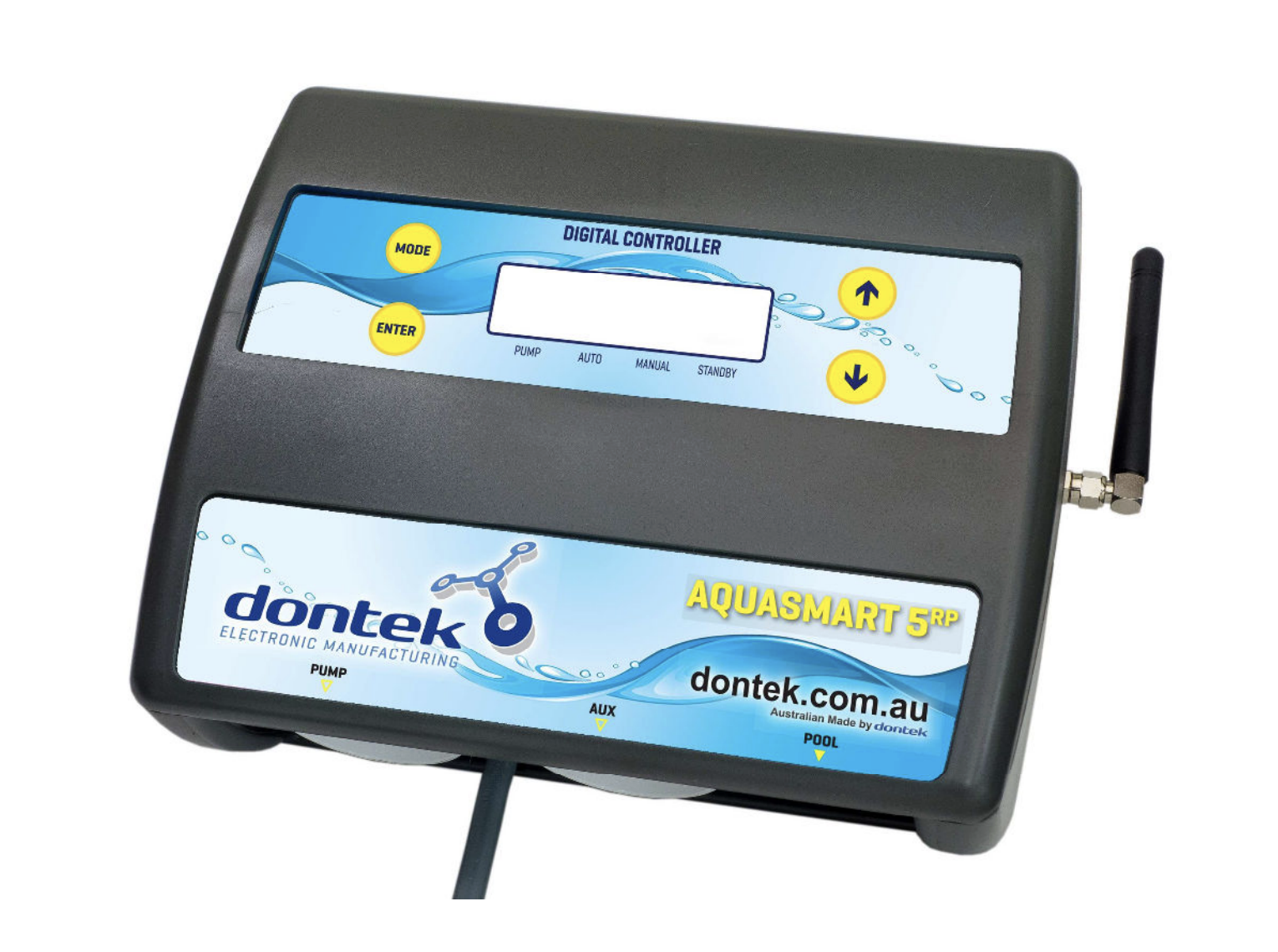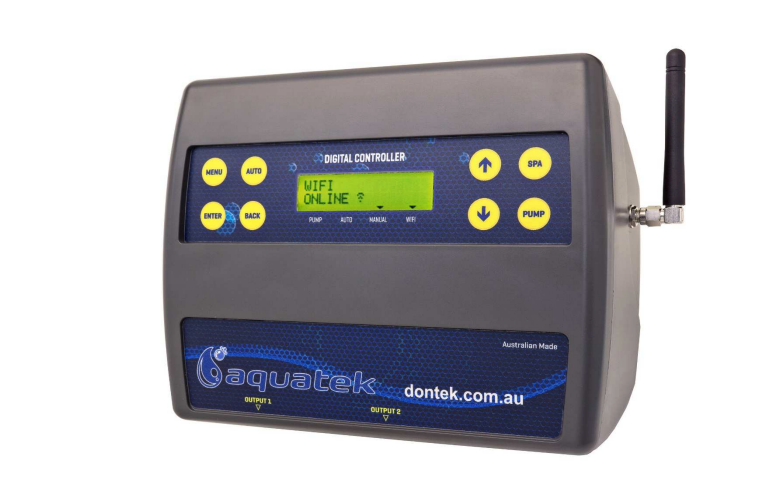Whether you’re dreaming of a warm dip on a chilly evening or hosting a weekend barbecue with friends, selecting the ideal pool heater is a decision that balances convenience, cost, and efficiency. With advancements in technology, both gas heaters and electric heat pumps offer excellent options tailored to different needs and climates.
This guide breaks down the pros and cons of these popular systems, explores key factors like size, energy efficiency, and environmental impact, and highlights additional considerations to help you make an informed choice. By the end, you’ll have a clearer picture of which pool heater is best suited to your lifestyle, budget, and location. Dive in and discover how to keep your pool inviting, no matter the season!
Key Insights
- Gas pool heatings: Heat pools quickly; ideal for occasional use; less eco-friendly; higher long-term costs; shorter lifespan.
- Pool heat pumps: Energy-efficient; best for regular use; higher upfront cost; slower heating; environmentally friendly, especially with solar.
- Choose a pool heating system based on proper sizing, desired temperature range, use of a pool cover, local climate, frequency of use, noise tolerance, maintenance needs, compatibility with existing infrastructure, environmental impact, and potential rebates for energy-efficient options.
Table of Contents
Comparing gas heaters and electric heat pumps
If you’ve already started researching pool heaters, you’ve probably discovered there are many similarities across the types of systems. To make it easier, we’ve made a list of pros and cons for each type of pool heater.
The pros and cons of gas heaters
Gas heating is the oldest of the pool heating options on the market today. They can run on natural gas or LPG and are very effective at heating the water quickly.
Pros for gas heaters
Gas heaters are the best option if you want fast heating. By pumping water through gas-heated pipes, these heaters can warm an average pool to a pleasant 28 degrees in just 8 to 12 hours, and a spa even more rapidly.
So, if you find yourself planning an impromptu Sunday afternoon BBQ over breakfast, you may be able to have your pool ready and waiting for guests on the same day!
Installation is easy and can usually be done same day.
Cons for gas heaters
Speed comes at a cost. Despite being fractionally cheaper to purchase, rising gas prices are making gas heaters more cost prohibitive in the long run.
While recent improvements to technology have seen a reduction in pollution, gas heaters are the less environmentally friendly option. They also have a shorter lifespan than their electric and solar counterparts.
Summary
Despite the cons, there is still a time and place for the gas heater. Many people choose gas heating for smaller spas and if they’re only heating their pool on an “as needed” basis.
The pros and cons of electric heat pumps
Electric pool heaters are widely recognised as the most efficient and affordable pool heating option, and the one we recommend most often.
In very simple terms, electric systems transfer the heat from the air to a refrigerant, which is turned into a hot gas used for heating the water. The warmer the air temperature, the less effort and energy is expended, making electric pool heaters a great power-friendly choice, especially for those fortunate enough to live in sunny climates.
Pros for electric heat pump heaters
Electric pool heat pumps can be slightly more expensive at the outset, but often provide maximum cost efficiency in the long term. Full-inverter electric heat pumps can be as much as 10 times more energy efficient than other pool heating systems and are more environmentally friendly and safer than gas heaters.
Full-inverter heat pumps are the most cost-effective solution for extending the time you can enjoy your pool. They dynamically regulate the compressor and fan speed, based on the environmental conditions and your temperature requirements, making it far more cost-efficient than non-inverter alternatives.
If you’ve got solar installed on your roof, you’ll also be able to offset some of the operating costs, making the cost to heat the pool even more negligible!
Cons for electric heat pump heaters
While it may have a slightly higher price tag initially, it’s important to remember that an electric pool heater is a long-term investment. Electric heat pumps don’t offer the rapid heating that a gas heater does, so you’ll need to do a little more pre-planning once the temperatures start to drop or simply elect to maintain the desired temperature.
Summary
Electric heat pumps are the best choice for families and pool owners who want a pleasurable swimming experience, those who care for the environment and those who can afford to spend a little more up front (and then save more for years to come). Solar owners will find electric systems even more appealing as they’ll continually offset the operating costs.
Other factors to help you decide
1. Size does matter
It is important that the system is sized appropriately, to ensure it can achieve your desired temperature with minimal effort and energy (and therefore cost). An undersized system, while cheaper initially, will have you paying more in the long term because of the extra workload and time required to bring your pool to the desired temperature.
In this instance, opting to go “cheap” at the outset, will cost you far more in the long run! That’s a sure-fire way to take some of the joy from your swimming experience.
2. You need reasonable expectations for pool temperature
The higher the temperature is set, the harder the system will work in trying to achieve it and, once again, you’ll find yourself spending more in power. If you’re looking for a hot soak, a bath is a much cheaper option! A comfortable swimming temperature is around 26 to 29 degrees Celsius.
3. Use a suitable pool cover to preserve the heat
Factor a pool blanket into the budget when making your pool heater purchase and your back pocket will thank you in the long term. The more heat you can retain in your pool, the less your heating system will have to work to maintain those precious degrees.
Read more: Pool cover for your needs
4. Environmental impact
For eco-conscious pool owners, environmental impact can be a deciding factor. Electric heat pumps powered by renewable energy, such as solar panels, offer the most environmentally friendly solution. Gas heaters, while efficient for short-term use, have a larger carbon footprint and consume non-renewable resources.
5. Climate and weather conditions
Your local climate plays a significant role in determining the best pool heating option. In warmer regions, electric heat pumps are highly efficient due to their ability to utilise ambient air temperatures. Conversely, gas heaters might be more suitable in cooler climates where quick heating is required. For solar heating, consistent sunny days are essential for optimal performance.
6. Frequency of pool use
Consider how often you plan to use your pool. If you use your pool sporadically, a gas heater may be the better option as it can heat the water quickly on demand. However, for consistent use throughout the year, an electric heat pump offers long-term cost savings and maintains a steady temperature more efficiently.
7. Noise levels
Different pool heating systems produce varying levels of noise during operation. Electric heat pumps and solar systems tend to be quieter, making them a better choice if you value a peaceful backyard environment. Gas heaters, on the other hand, can be noisier due to their combustion process.
8. Maintenance and lifespan
Factor in the maintenance requirements and expected lifespan of each heating system. Gas heaters may require more frequent servicing due to their complex mechanics and shorter lifespan. Electric heat pumps and solar systems generally need less maintenance and can last longer if properly cared for.
Read more: Heat pump maintenance for you pool
9. Compatibility with existing systems
Ensure that your chosen pool heating system is compatible with your existing pool infrastructure, such as plumbing, electrical connections, or any solar setups you already have. Retrofits or additional installations can add to the cost and complexity of the project.
10. Local regulations and rebates
Some regions offer incentives or rebates for installing energy-efficient or solar pool heating systems. Check with your local council or energy provider to see if you’re eligible for any discounts, which can make eco-friendly options even more affordable.
The final verdict
When you’re comparing pool heaters, you’ll need to use this formula:
Personal usage vs. ongoing cost
How do you want to use your pool, and how much will it cost you per year to achieve it?
If you want to see what your options are, you can call our team anytime for a hand. We can explain the options and costs, and what would suit your lifestyle, location and pool size.
Lastly, you’ll drastically improve the cost-efficiency of your pool heater – whichever one you choose – by adding a pool cover, which can save up to 70% heat loss.









